Are multicultural Societies
a Ticking Bomb?!?
Religion vs
Freedom of Speech
The relationship between religion and freedom of speech is a complex and often debated topic. On one hand, freedom of speech is a fundamental human right that allows individuals to express their thoughts, ideas, and beliefs without censorship or fear of punishment. This right is crucial for a democratic society and the exchange of diverse viewpoints.
However, when it comes to religious beliefs, there can be clashes between the exercise of freedom of speech and the sensitivity of religious sentiments but religious beliefs hold deep significance for many people, and offensive or blasphemous expressions can lead to hurt feelings, anger, and even social unrest. This has led to discussions about the limits of free speech, particularly when it involves criticizing or ridiculing religious beliefs.
Legal systems and cultural norms vary from country to country, which further complicates the relationship between religion and freedom of speech. Some countries have laws that prohibit hate speech or blasphemy, aiming to protect religious groups from discrimination and incitement of hatred. Others prioritize the unfettered expression of ideas, even if they are critical or offensive towards religions.
Balancing these two aspects involves careful consideration of the broader social context, potential consequences, and the principles of respect and tolerance. It’s important to remember that while freedom of speech is essential, exercising it responsibly and with awareness of the impact on religious communities is also a crucial aspect of fostering harmony and understanding in diverse societies.
Strong powers against democracy
Religious Extremism
Christianity
vs
Islam vs Judaism vv
Political Extremsim
Right-wing
vs
Left-wing vv
Autocratization Process
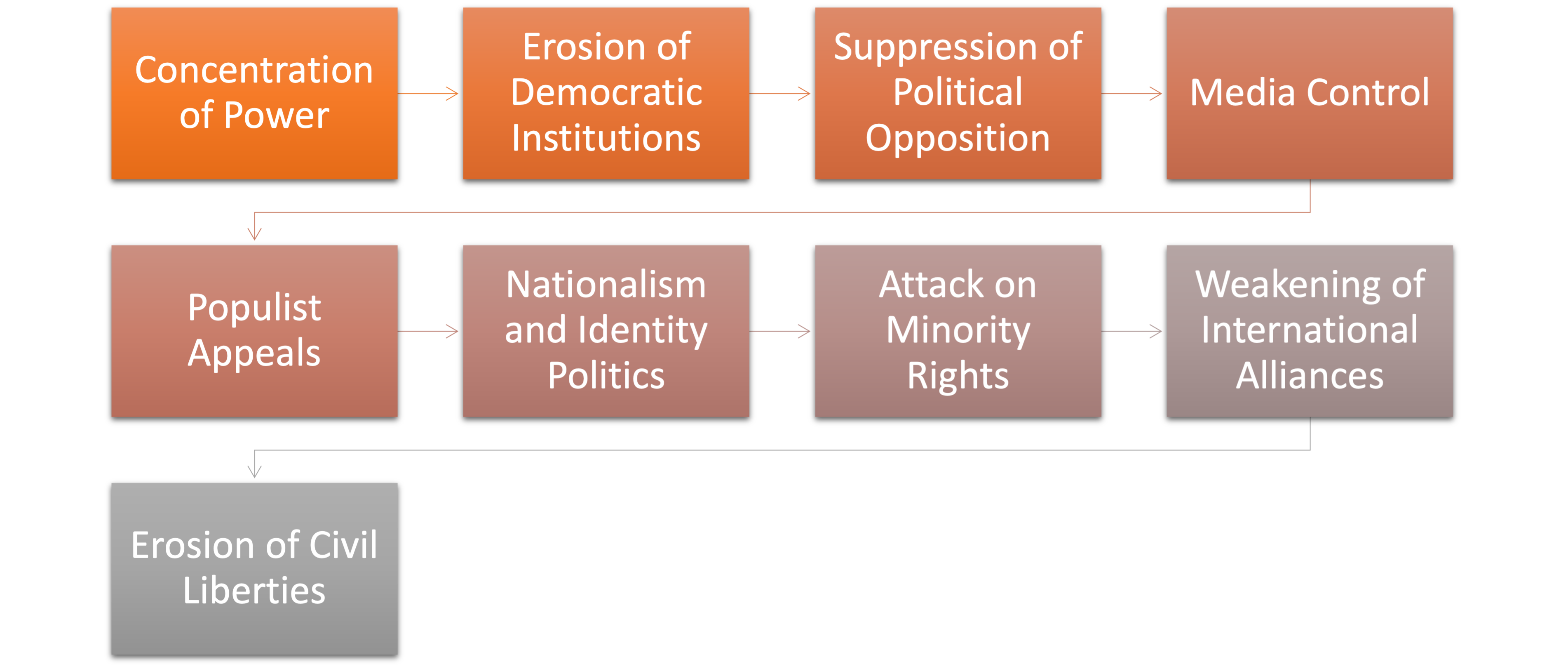
Autocratization refers to the process by which a country’s political system transitions from a democratic or semi-democratic state to a more authoritarian regime. This process involves the gradual erosion of democratic institutions, norms, and freedoms, leading to an increase in the concentration of power within the hands of a few individuals or a single leader. Autocratization can encompass various tactics such as undermining the rule of law, restricting press freedom, manipulating elections, and curbing civil liberties.
Recent Examples of autocratization
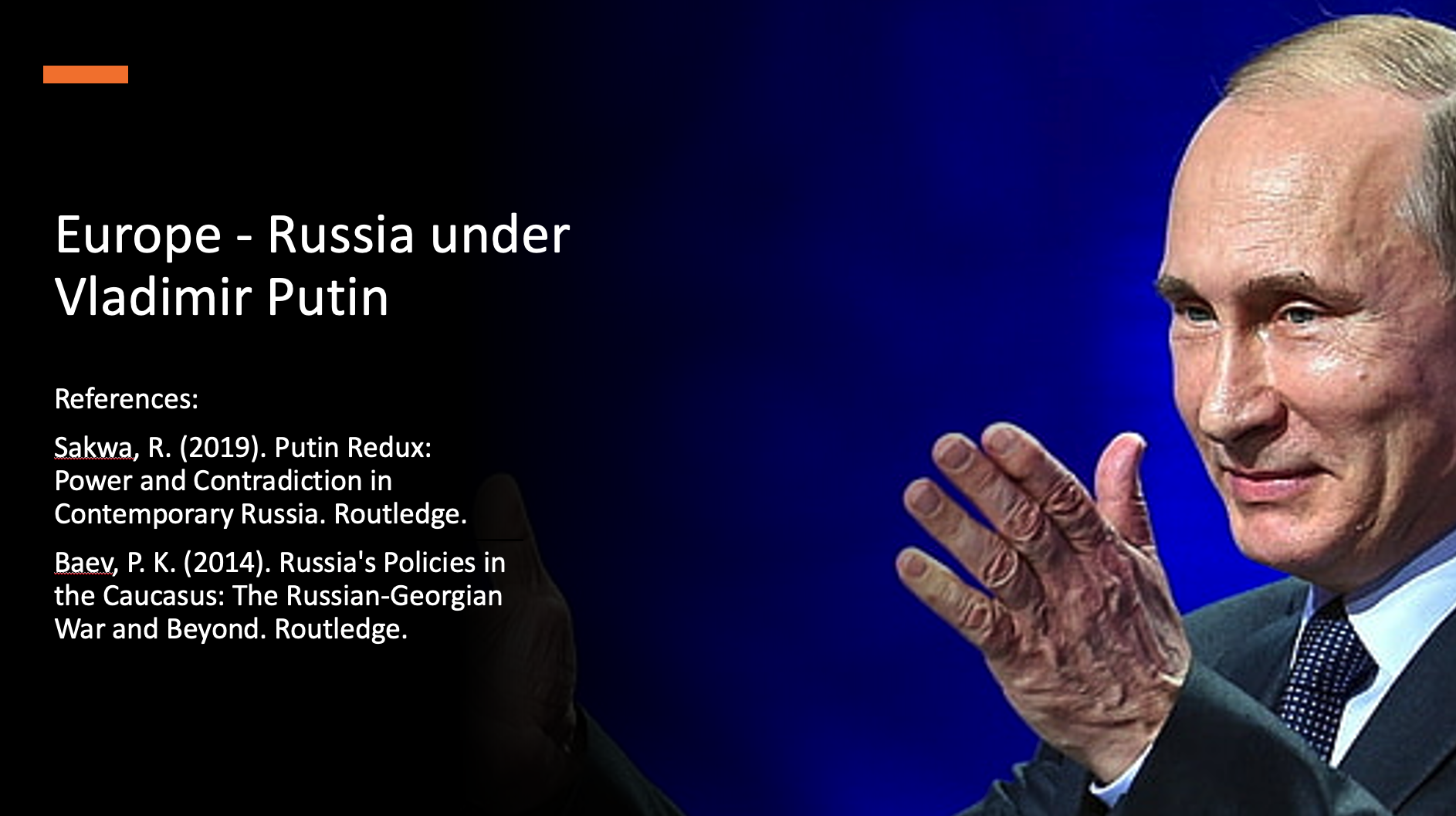
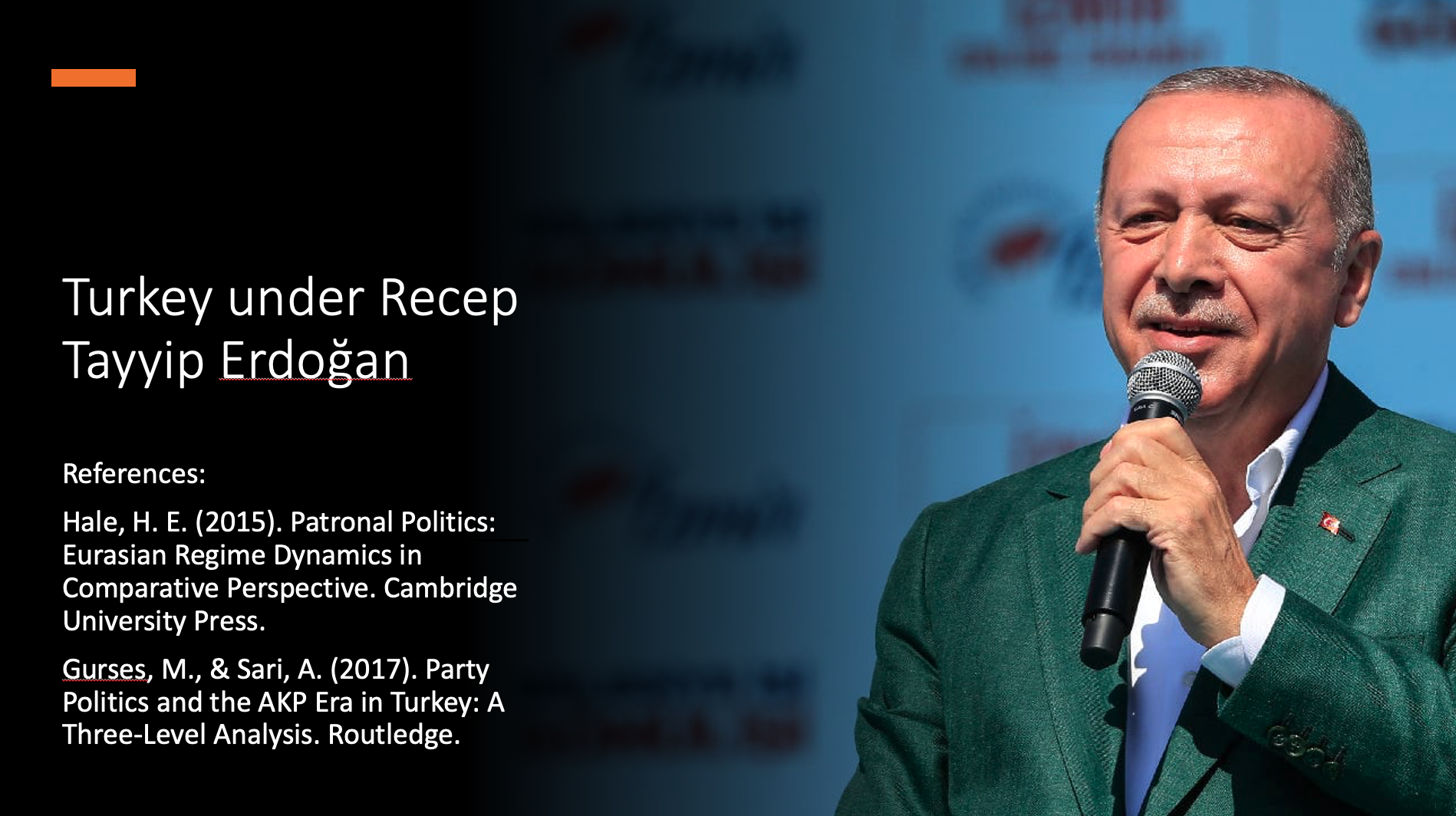
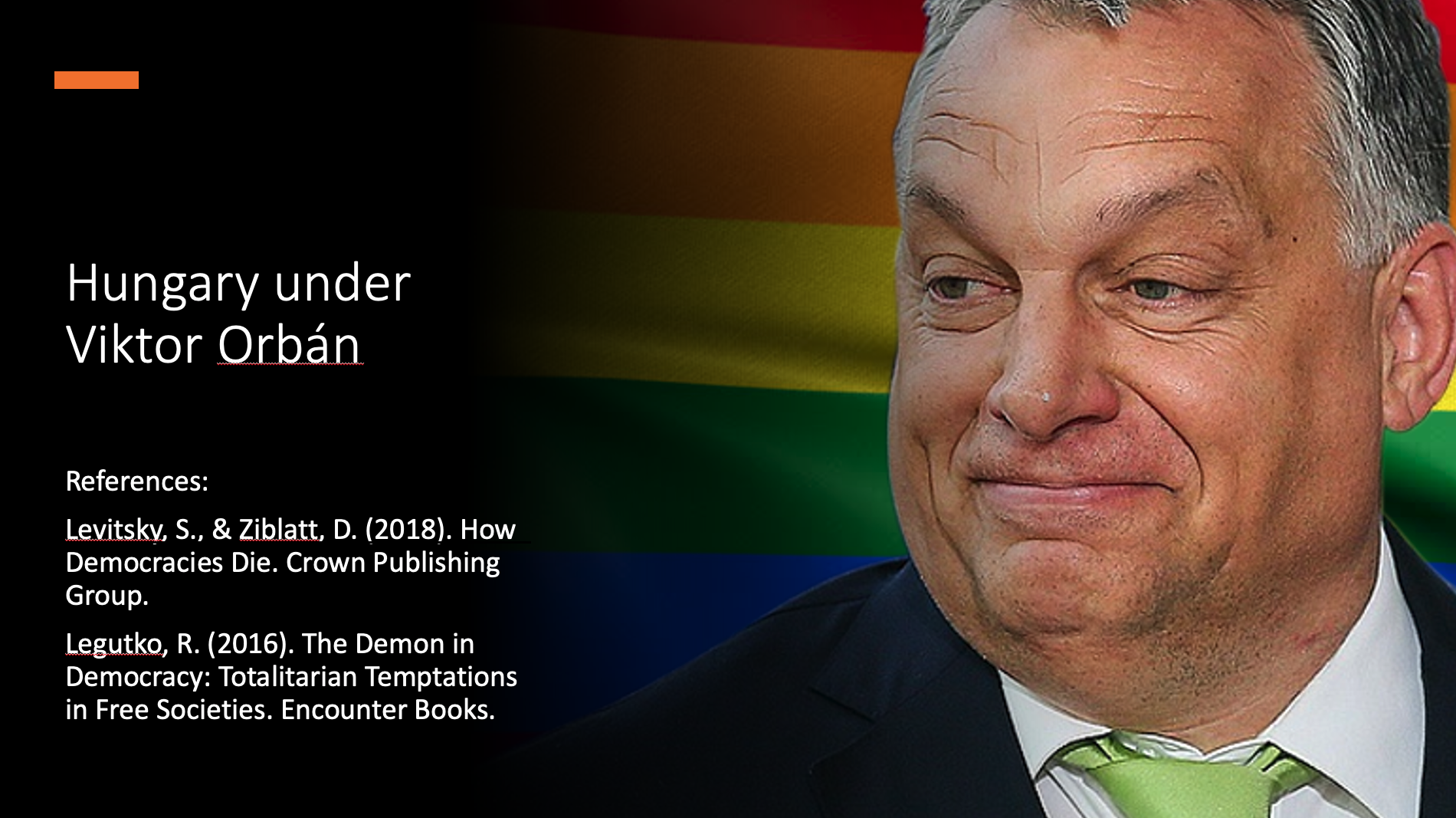
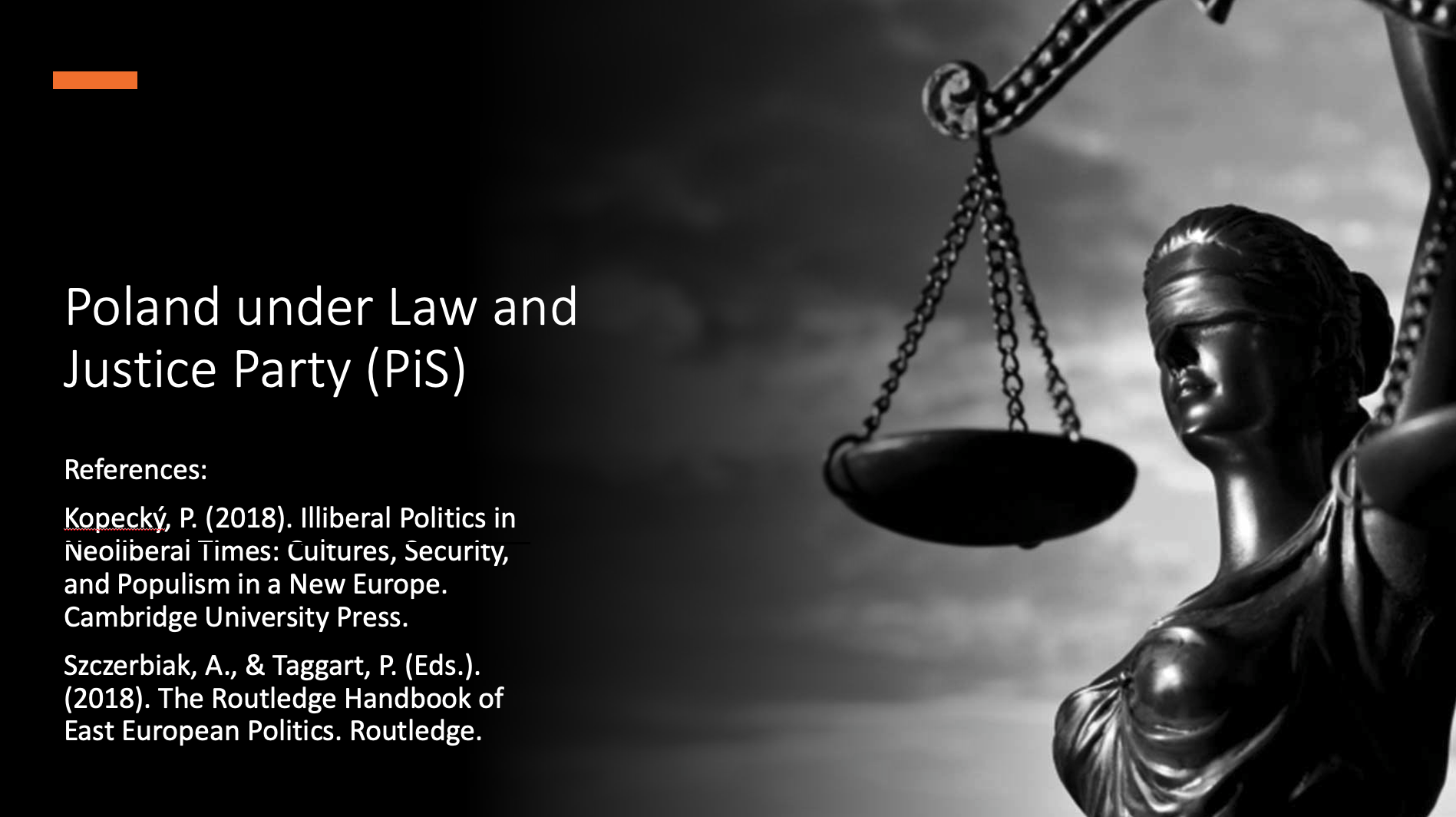
“Many forms of Government have been tried and will be tried in this world of sin and woe. No one pretends that democracy is perfect or all-wise. Indeed, it has been said that democracy is the worst form of government except all those other forms that have been tried from time to time.”
11 november 1947 // Winston Churchill
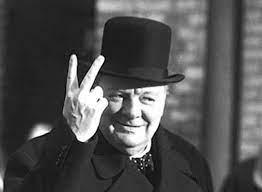
Winston Churchill, in full Sir Winston Leonard Spencer Churchill, (born November 30, 1874, Blenheim Palace, Oxfordshire, England—died January 24, 1965, London), British statesman, orator, and author who as prime minister (1940–45, 1951–55) rallied the British people during World War II and led his country from the brink of defeat to victory.
